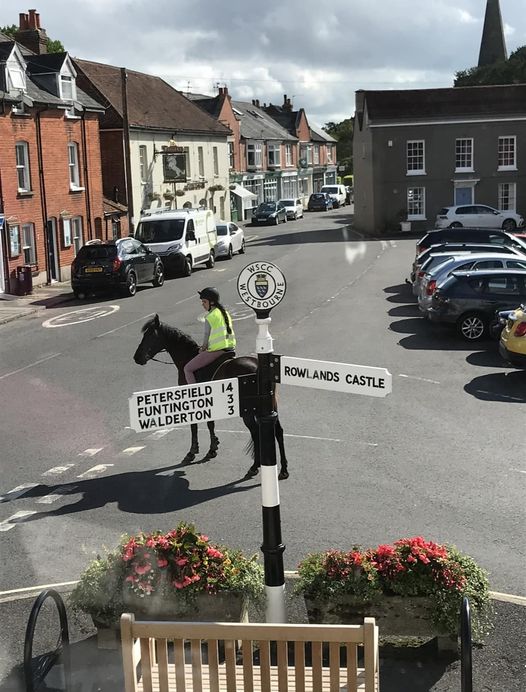History of the Parish Council
Published: 16 May 2024
 The history of the Parish Council
The history of the Parish Council
So, where does the word Parish come from? You may be surprised to learn that it has Greek origins: para; beside, and oikos; a dwelling (the Green word paroika today implies a colony or quarter).
Many people are confused about the origins of the parish council, and many still believe it is run by the church and is affiliated to the church. This is not actually true.
It is true that a parish is normally associated with the church as an area. Vestry meetings were often very active, not least in relation to local responsibilities for the poor and disadvantaged within the community. The Parliament Act of 1894 changed all that by creating democratically elected parish councils. This was intended to loosen the grip of the squire and the parson on village life, this giving a voice to the communities and parishioners.
One hundred and thirty years later after the Act of Parliament, people still believe incorrectly that the parish council is a church organisation.
So, what is a parish council? It's a local civil authority found in England and is the lowest tier of local government. The number of parishes in England, as of 2023, stood at 10,464 and covered 40% of England's population. Historically, parishes were mainly in rural and smaller urban areas.
We, in Westbourne, are what's called an administrative parish, employing a clerk to run the Council's business, with the decision-making being carried out by elected councillors. We currently have a full council of nine members (it's rare in the country to have a full council) working on behalf of parishioners.
Councillors are not paid, but volunteer their time and knowledge for the good of the place in which they live and sometimes work in, having a vested interest in the parish for the good of all. Reasonable expenses may be claimed, however, I can confidently say that in the nearly twenty-three years I have been a councillor, this rarely happens.
Westbourne Parish Council has always tried over the years to consider our Parish's status in all aspects of its many diverse activities, from local businesses, farming, schooling education, play parks, picnic areas, tree planting, road speed, street lights, our closed churchyard and cemetery, and, of course, budgeting for the future. This is called setting the Precept. We do this yearly.
On your community charge bill you will see a section indicating what the Parish Council will receive from Chichester District Council. This money is made as two payments during the year to pay for what the Council is responsible for. This (Precept) through process occupies our thoughts and time for at least three months of the year and it is a difficult time for the councillors as we need to get it right. Failings on this issue will impact how we work and provide what is needed for the Parish in the coming year(s).
You have in Westbourne Parish Council a council that is regarded as a role model amongst other councils and has been highly regarded and respected for many years. This is down to everyone's hard work and to having an excellent clerk, with a good balance of knowledgeable councillors from many working backgrounds.
I/we hope this gives a small insight into parish councils. Part two next time.
Cllr Nigel Ricketts, Vice-Chairman to Westbourne Parish Council